In Nigeria's struggling communities, access to clean water is a dire need that often goes unmet. However, through the power of donations, a transformation is underway, turning desperation into empowerment. This article delves into the life-changing impact of clean water donations in Nigeria, shedding light on the hope they bring to communities that have long suffered the consequences of limited access to safe water. With over 60 million people lacking access to clean water in Nigeria, the consequences are far-reaching. Water-related diseases, malnutrition, and limited opportunities for education and economic growth are just some of the challenges that plague these communities. However, organizations dedicated to addressing this crisis are making a difference. Clean water donations have the power to improve health outcomes, particularly for vulnerable populations like children and pregnant women. Beyond improving health, access to clean water brings with it a sense of empowerment and hope, enabling communities to thrive and break free from the cycle of poverty.

Through heartfelt stories and inspiring testimonials, this article reveals the true impact of clean water donations in Nigeria. It showcases the resilience of communities and highlights the pivotal role that everyone can play in making a meaningful difference.
From Desperation to Empowerment: A Look at the Life-changing Impact of Clean Water Donations in Nigeria's Struggling Communities
Introduction
In Nigeria's struggling communities, access to clean water is a dire need that often goes unmet. However, through the power of donations, a transformation is underway, turning desperation into empowerment. This article delves into the life-changing impact of clean water donations in Nigeria, shedding light on the hope they bring to communities that have long suffered the consequences of limited access to safe water.
With over 60 million people lacking access to clean water in Nigeria, the consequences are far-reaching. Water-related diseases, malnutrition, and limited opportunities for education and economic growth are just some of the challenges that plague these communities.
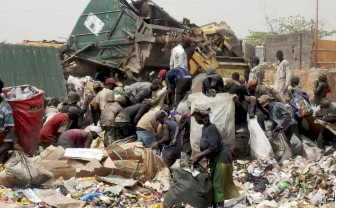
However, organizations dedicated to addressing this crisis are making a difference.
Clean water donations have the power to improve health outcomes, particularly for vulnerable populations like children and pregnant women. Beyond improving health, access to clean water brings with it a sense of empowerment and hope, enabling communities to thrive and break free from the cycle of poverty.
Through heartfelt stories and inspiring testimonials, this article reveals the true impact of clean water donations in Nigeria. It showcases the resilience of communities and highlights the pivotal role that everyone can play in making a meaningful difference.
The Role of Clean Water Donations in Addressing the Crisis
Access to clean water is a basic human right, yet millions of people in Nigeria continue to suffer from its absence. Clean water donations play a crucial role in addressing this crisis by providing communities with a sustainable source of safe water.
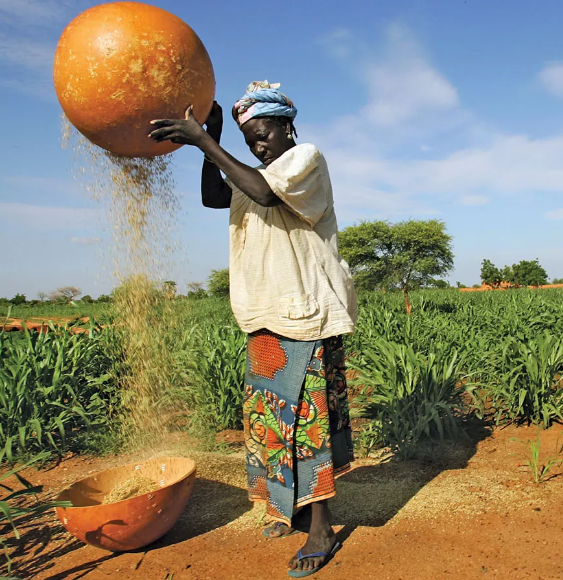
These donations can take many forms, from the construction of wells and boreholes to the implementation of water purification systems.
By ensuring access to clean water, donations not only improve the health and well-being of individuals but also create opportunities for community development. When communities have access to clean water, they can focus on other important aspects of their lives, such as education, agriculture, and entrepreneurship. This empowerment leads to a positive ripple effect, as individuals are better equipped to break free from the cycle of poverty.
However, it is important to recognize that clean water donations alone are not enough to solve the crisis. Sustainable solutions, such as capacity building and community involvement, are essential for long-term success. Organizations working in Nigeria understand this and strive to create holistic programs that go beyond the mere provision of clean water.
The Desperate Need for Clean Water in Nigeria
Nigeria's struggle with clean water access is a daunting challenge.
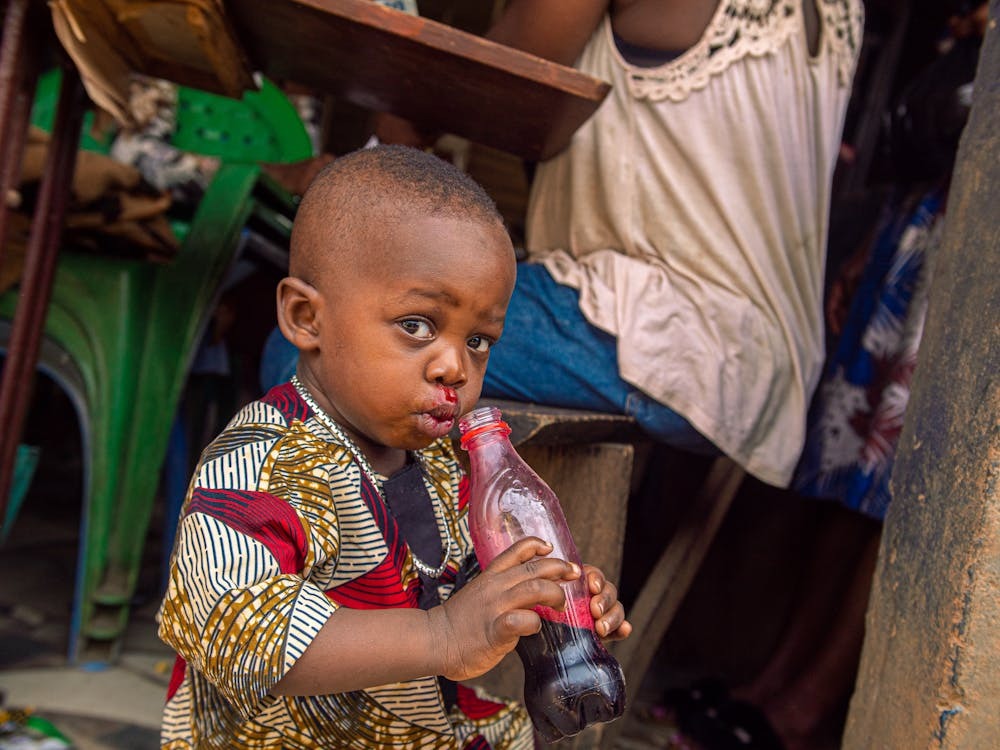
With a rapidly growing population and limited infrastructure, the demand for clean water continues to outpace the available supply. In rural areas, where the majority of Nigerians live, the situation is particularly dire.
Without access to clean water, communities are forced to rely on unsafe sources such as rivers, ponds, and open wells. These sources are often contaminated with bacteria, parasites, and pollutants, leading to waterborne diseases such as cholera, typhoid, and diarrhea. Children and pregnant women are especially vulnerable, as their immune systems are not fully developed.
In addition to health risks, the lack of clean water has a significant impact on education and economic opportunities. Children, particularly girls, are often burdened with the task of fetching water, which takes time away from school. Without proper education, the cycle of poverty continues, perpetuating the struggles faced by these communities.
The Importance of Clean Water for Human Health and Development
Clean water is essential for human health and development.
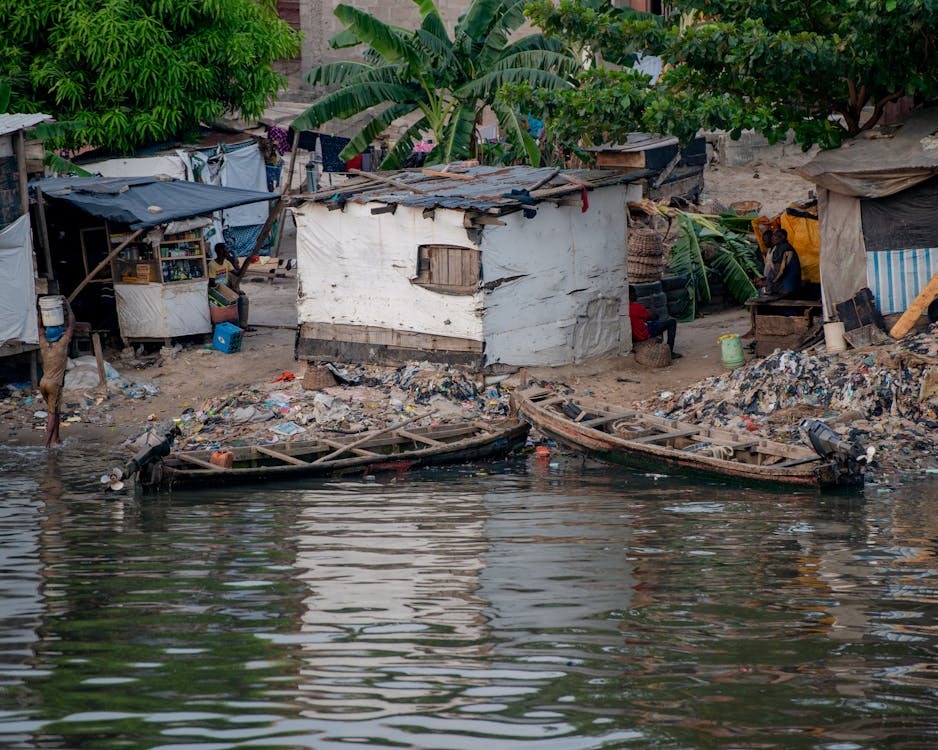
It serves as a fundamental building block for all aspects of life, from hydration and sanitation to agriculture and industry. Without access to clean water, individuals are more susceptible to waterborne diseases, malnutrition, and poor hygiene practices.
Water-related diseases, such as diarrhea and cholera, are a leading cause of illness and death in Nigeria. These diseases are preventable, and access to clean water is a key factor in reducing their prevalence. When communities have access to clean water, they can practice proper hygiene, such as handwashing, which significantly reduces the transmission of diseases.
Clean water is also essential for agriculture, which is the main source of livelihood for many Nigerians. With access to clean water, farmers can irrigate their crops and increase their yields. This not only improves food security but also creates economic opportunities for individuals and communities.
The Struggles of Communities Without Access to Clean Water in Nigeria
Communities without access to clean water face numerous challenges that impact their daily lives.
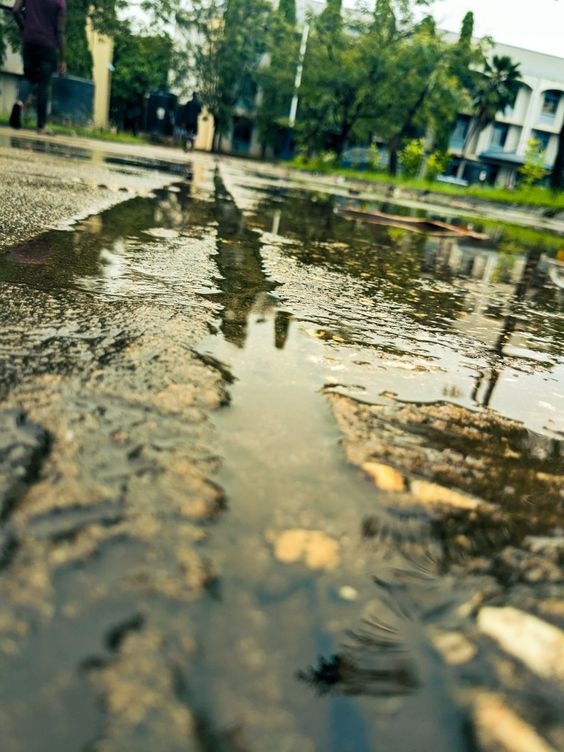
The burden of fetching water falls primarily on women and children, who often have to travel long distances to find water sources. This not only takes time away from other activities but also puts their safety at risk, as they may have to walk through dangerous areas or encounter wild animals.
Moreover, the lack of clean water affects the overall well-being of individuals. Waterborne diseases are common, leading to frequent illnesses and reduced productivity. Children, in particular, suffer the consequences of limited access to clean water, as they are more susceptible to malnutrition and stunted growth.
The absence of clean water also hinders education. Without access to clean water and proper sanitation facilities, schools struggle to provide a safe and conducive learning environment. Girls, in particular, face additional challenges, as they may miss school during menstruation due to the lack of adequate hygiene facilities.
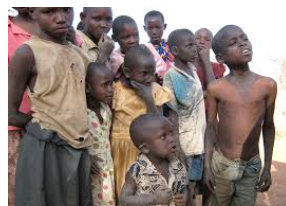
Stories of Individuals and Families Whose Lives Have Been Transformed by Clean Water Donations
Clean water donations have the power to transform lives and bring hope to communities in need. Through the efforts of dedicated organizations and individuals, stories of resilience and empowerment emerge from Nigeria's struggling communities.
One such story is that of Amina, a mother of three who used to spend hours each day fetching water for her family. With the construction of a new well in her village, Amina's life has been transformed. She now has more time to spend with her children and pursue income-generating activities, such as farming. The clean water from the well has also improved the health of her family, reducing the incidence of waterborne diseases.
Another inspiring story comes from Ibrahim, a young boy who dreams of becoming a doctor.
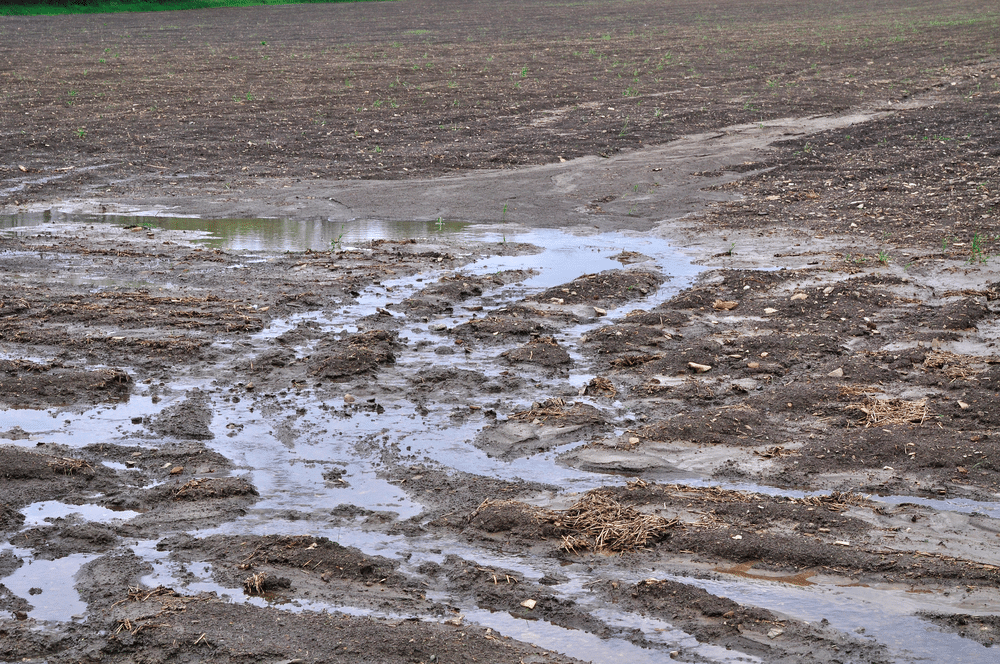
With access to clean water in his village, Ibrahim no longer has to worry about falling ill or missing school due to water-related diseases. He can focus on his studies and work towards achieving his dreams. Clean water has given Ibrahim the opportunity to break free from the constraints of poverty and make a positive impact on his community.
Conclusion
Clean water donations have the power to create a lasting impact in Nigeria's struggling communities. Beyond improving health outcomes, access to clean water brings empowerment, hope, and the opportunity for sustainable development. Through the stories of individuals and families whose lives have been transformed, we are reminded of the importance of clean water and the crucial role that everyone can play in making a difference. Let us continue to support organizations working towards providing clean water to those in need, and together, we can turn desperation into empowerment.
 Add Row
Add Row  Add
Add 


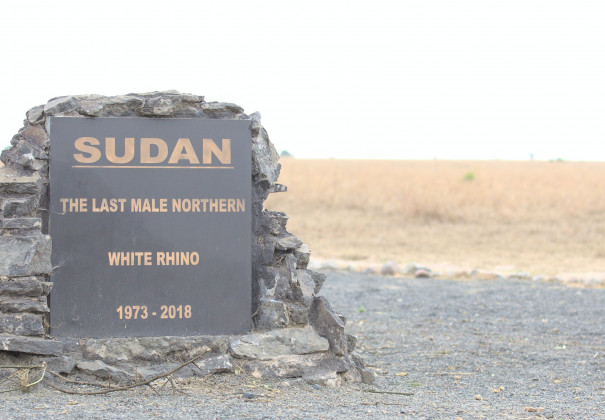

Write A Comment